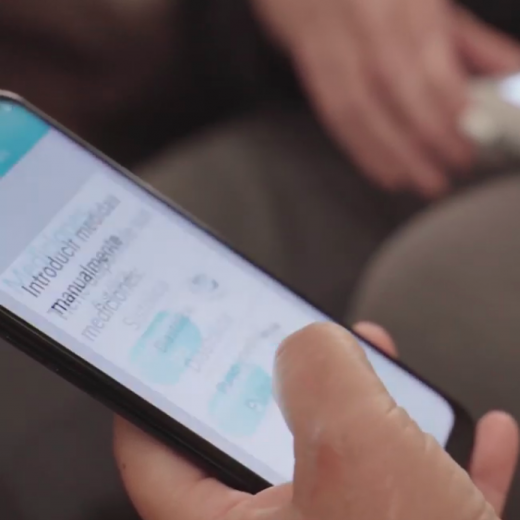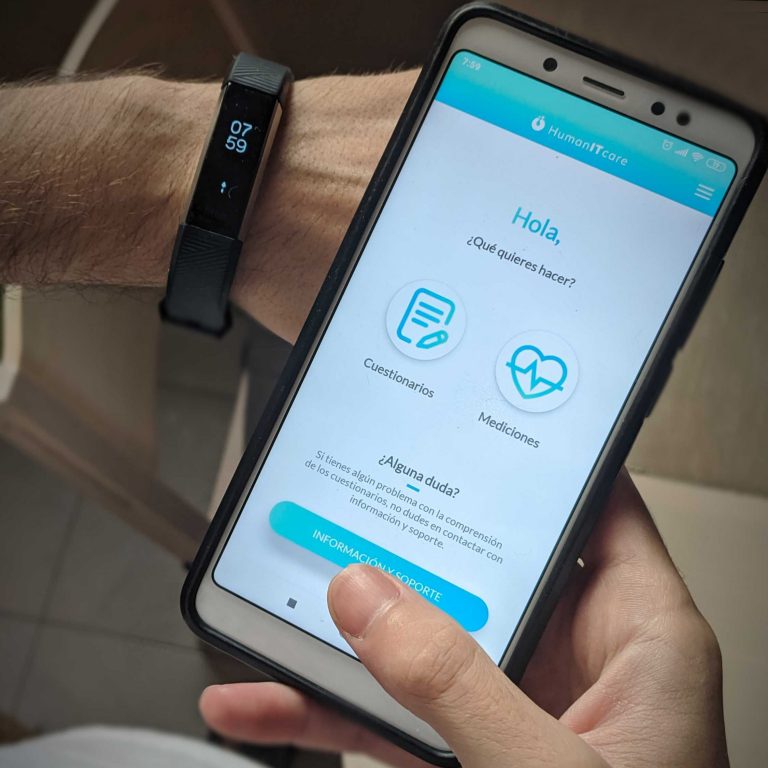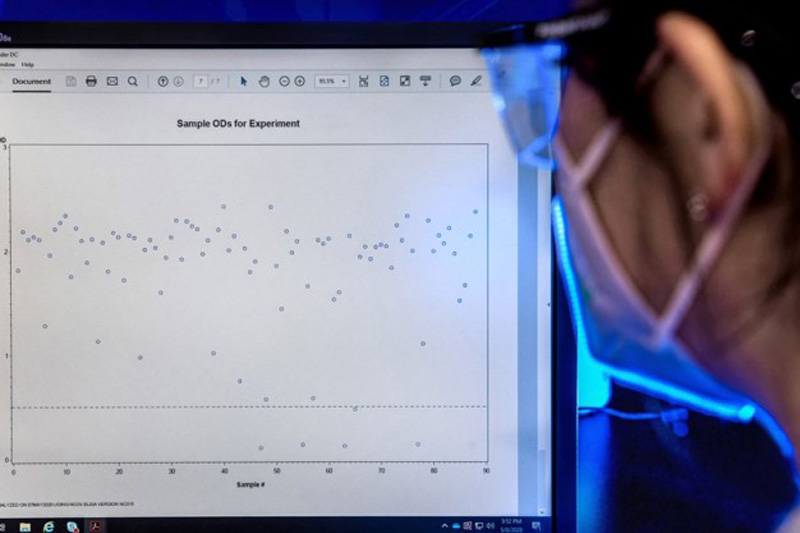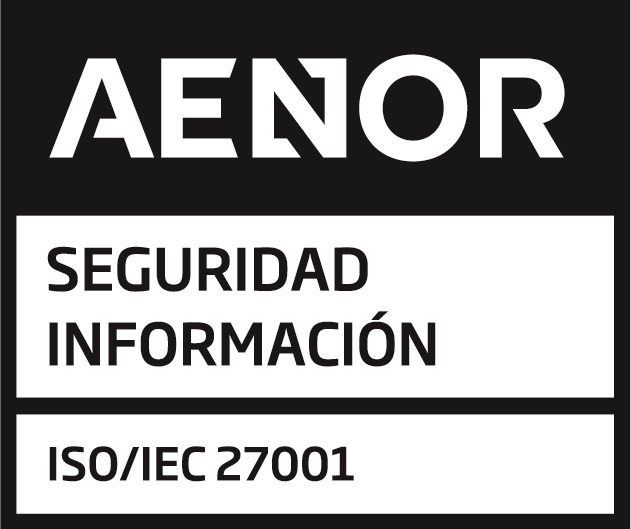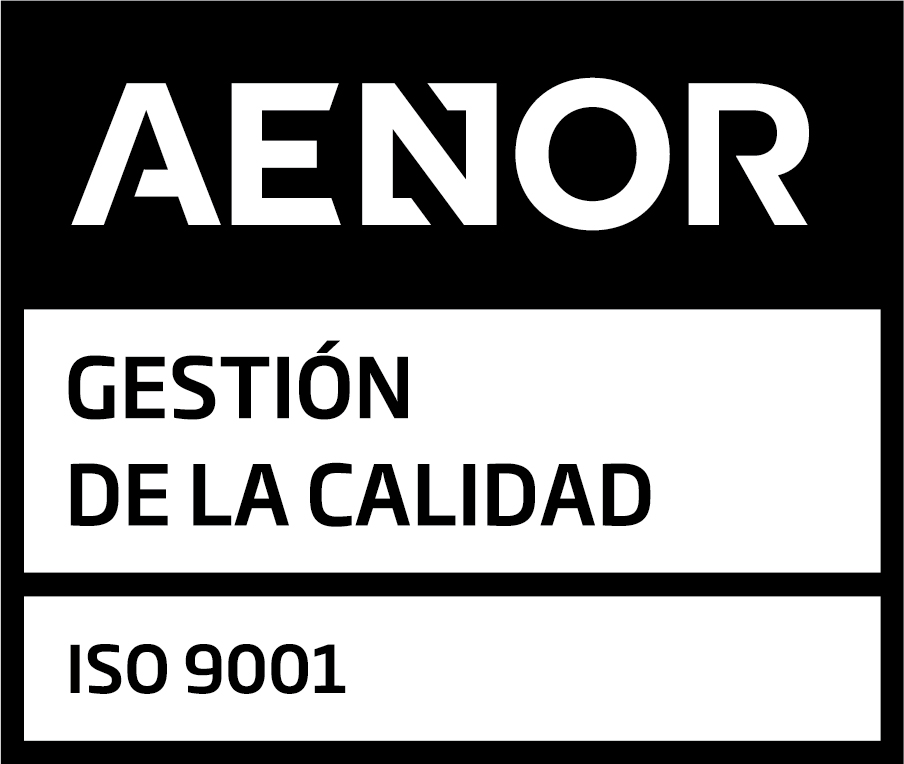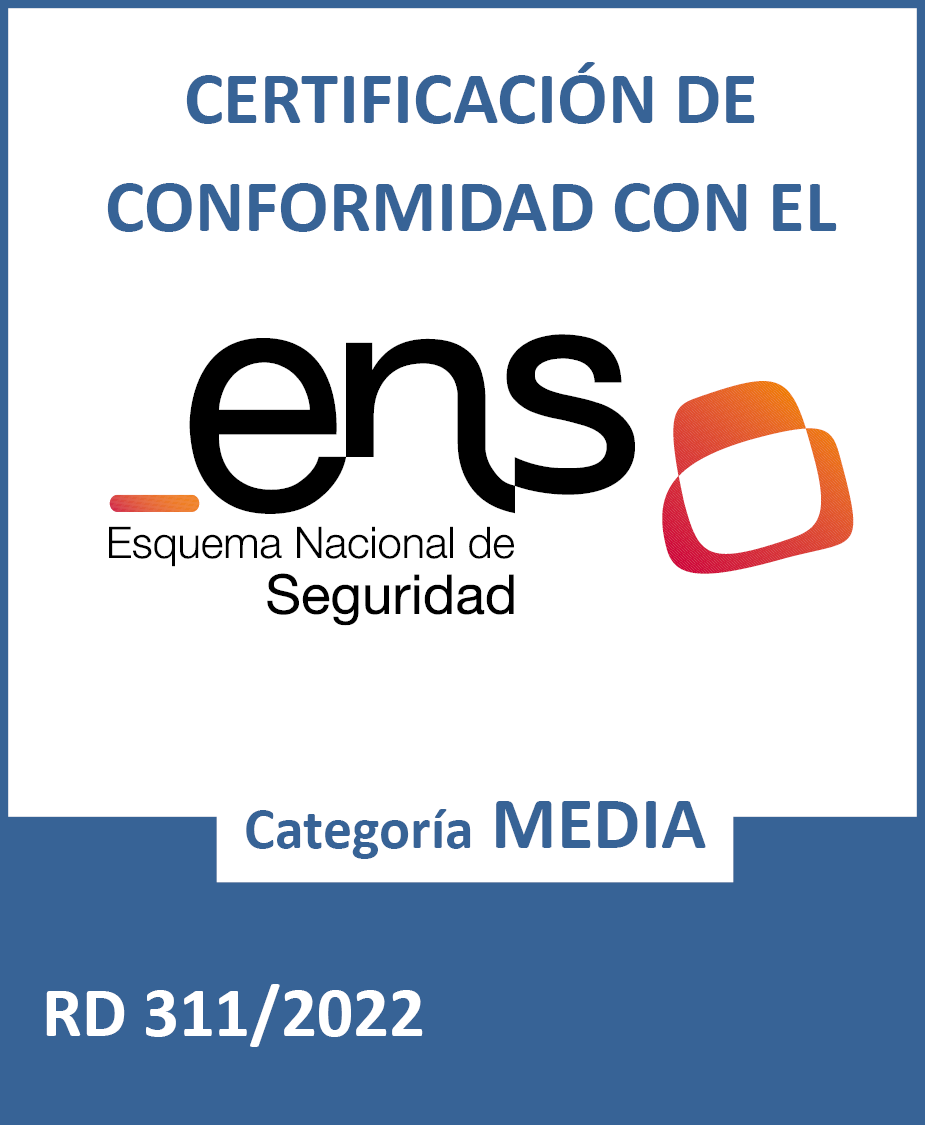Cases of Good Practice
Identifying patients at risk of readmission within 30 days for any reason CDM
Introduction
Unplanned hospital readmissions are a significant problem for both for health services and for patients due to their impact on mortality, morbidity, and economic resource consumption.
Identifying individuals at risk of readmission allows healthcare professionals to be alerted healthcare professionals, giving them the opportunity to review and adjust the and implement various mechanisms for continuity of care mechanisms upon patient discharge to prevent readmission.
Objectives
• Create and validate an algorithm to predict the risk of readmission within 30 days for any CDM
• Prototyping tools that allow optimizing patient care according to their actual needs, i.e., avoiding missed opportunities due to inefficient allocation.
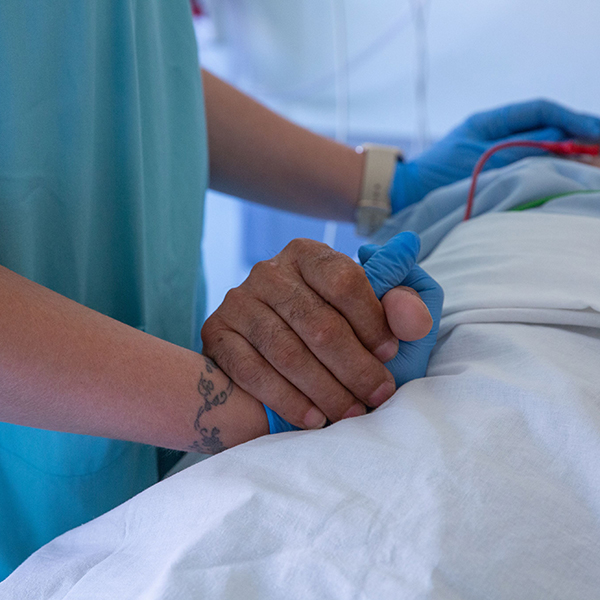
Materials and Methods
The study population included patients hospitalized and discharged from 2017 to 2024 , for a total of 86,943 subjects. Data mining was used to collect the variables of interest proposed by the literature, experts, or previous classical scales, such as the LACE scale.
The XGBoost algorithm was used, and machine learning techniques were employed to train (n=58,609) and validate the model (first test n=25,118 and second test n=3,216).
The results obtained from the created model were compared with those from previous classical scales
Results
The performance of the model after validation was:
0.798
Sensitivity
0.905
Specificity
0.943
Area under the ROC curve
This model outperforms classic risk scales (LACE Scale) previously used
Conclusions and implications for practice
The possibility of applying has been demonstratedthe model in a manner , allowing professionals to optimize their time and resources by focusing their efforts on those who need it most due to their vulnerability, enabling proactive rather than reactive support.
Awards
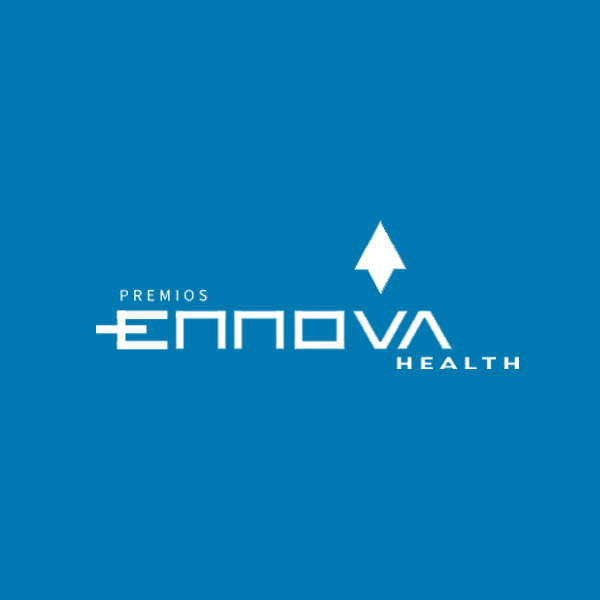
2025
Ennova Health Award
recognizes the work of professionals, institutions, and companies whose digital initiatives have added value, contributed to the sustainability of the system, and improved patients’ lives throughout 2024 and 2025
Address
Calle Santiago Ramón y Cajal, número 43, 2ª planta Elche 03203 (Alicante)


